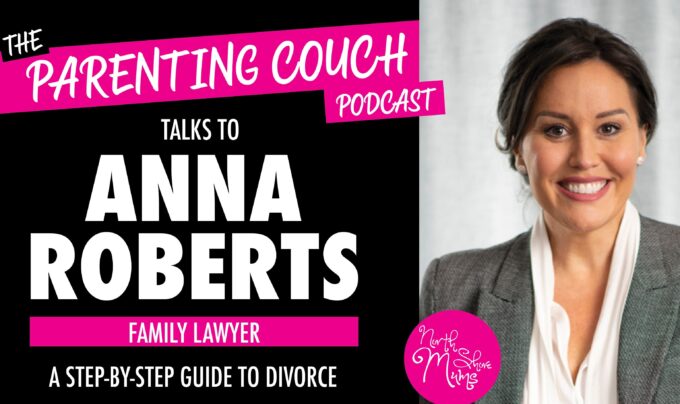It can be very confusing and so this article will provide you with a clearer understanding of how these terms are used, and their relevance when your relationship breaks down.
What does it mean to be separated?
In the context of leaving your spouse, a separation is the point in time which you are considered to no longer be in a relationship. It is effectively the ‘termination’ of an intimate relationship. It can be the case that only one of you wishes to separate, with this being conveyed to the other person. There is usually a mutual understanding that a separation has occurred, but a mutual understanding is not essential for separation to have occurred.
You can be separated from your spouse but still be living under the same roof. This is not an uncommon situation. The factors that are relevant to being separated whilst living together are:
- Whether you are sleeping in separate beds,
- The sharing of household duties ceasing i.e., doing your own laundry and cooking etc,
- Not attending family outings together or appearing as a couple to your friends,
- Separating your finances, and
- Telling your friends and/or family that you are no longer in a relationship.
You do not need to be doing all the above but aligning to these situations can indicate a separation.





















